-
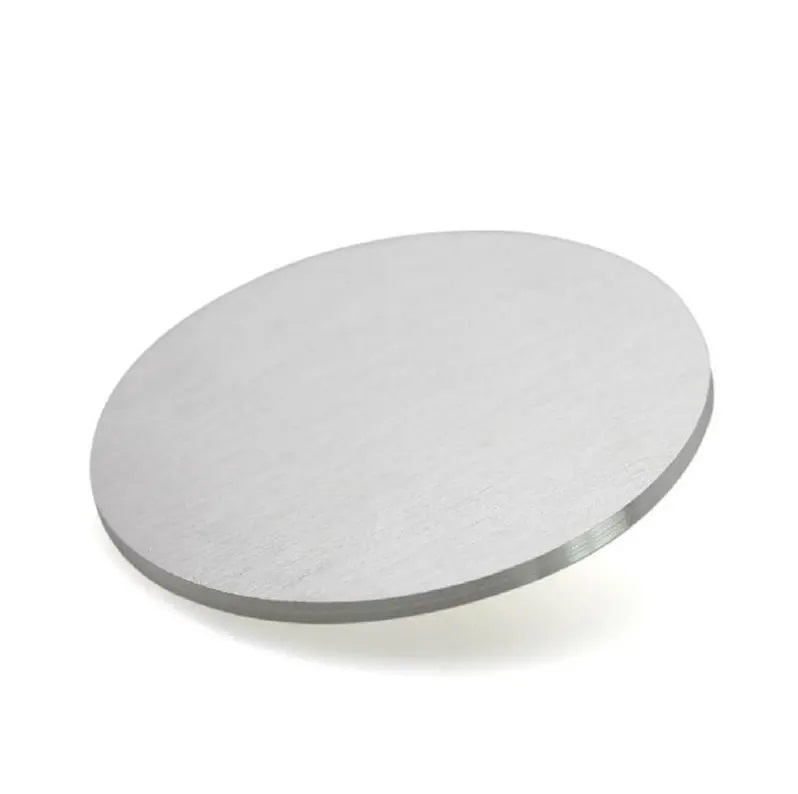

- Corrosion Resistance: Platinum significantly enhances the alloy’s resistance to oxidation and corrosion, making NiPt thin films ideal for use in harsh environments, including chemical processing and marine applications.
- Electrical Conductivity: NiPt alloys have excellent electrical conductivity, ensuring reliable performance in electronic devices, particularly in semiconductors and ICs.
- Thermal Stability: NiPt alloy sputtering targets provide coatings that can withstand high temperatures, making them suitable for applications in energy, aerospace, and industrial machinery.
- Catalytic Activity: The addition of platinum provides superior catalytic activity, making NiPt alloys useful in fuel cells, chemical reactions, and exhaust gas treatments.
- Magnetic Properties: Nickel contributes to the alloy’s magnetic characteristics, which are valuable in electronic and magnetic storage applications.
- Customizable Composition: The ratio of nickel to platinum can be adjusted to fine-tune the properties of the alloy to suit specific needs, whether for enhanced corrosion resistance, conductivity, or magnetic performance.
-
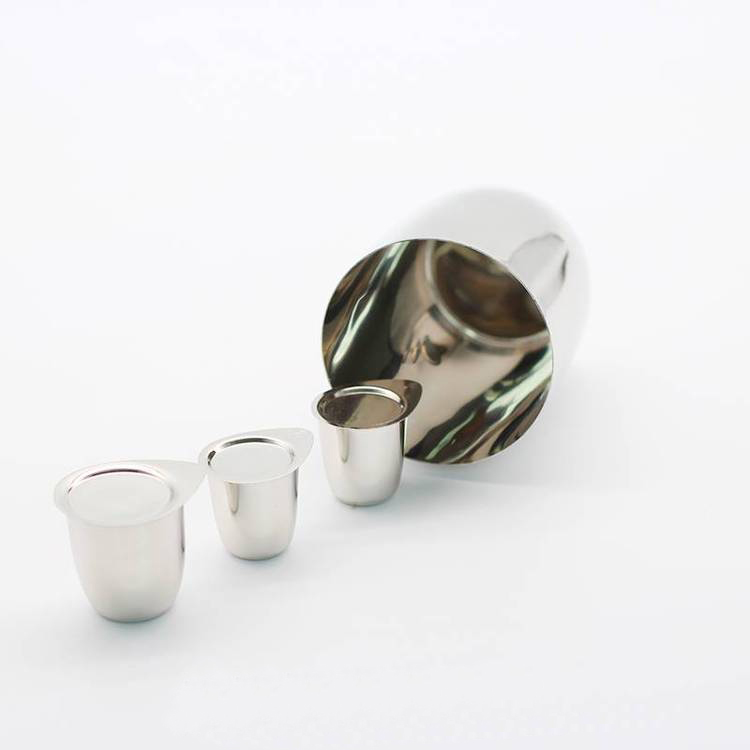
$1.00
- Material Purity: ①Made from high-purity platinum (typically ≥ 99.95%). ②Can be alloyed with rhodium or iridium for enhanced durability.
- Thermal Stability: ①Excellent performance under high temperatures, withstanding up to 1,700°C without deformation. ②High melting point of platinum (1,768°C) ensures reliable operation.
- Corrosion Resistance: Exceptional resistance to acids, alkalis, and other corrosive agents, including aqua regia and oxidizing environments.
- High Thermal Conductivity: Ensures uniform heat distribution for precise laboratory results.
- Mechanical Strength: Resists cracking and deformation under thermal and mechanical stress.
-
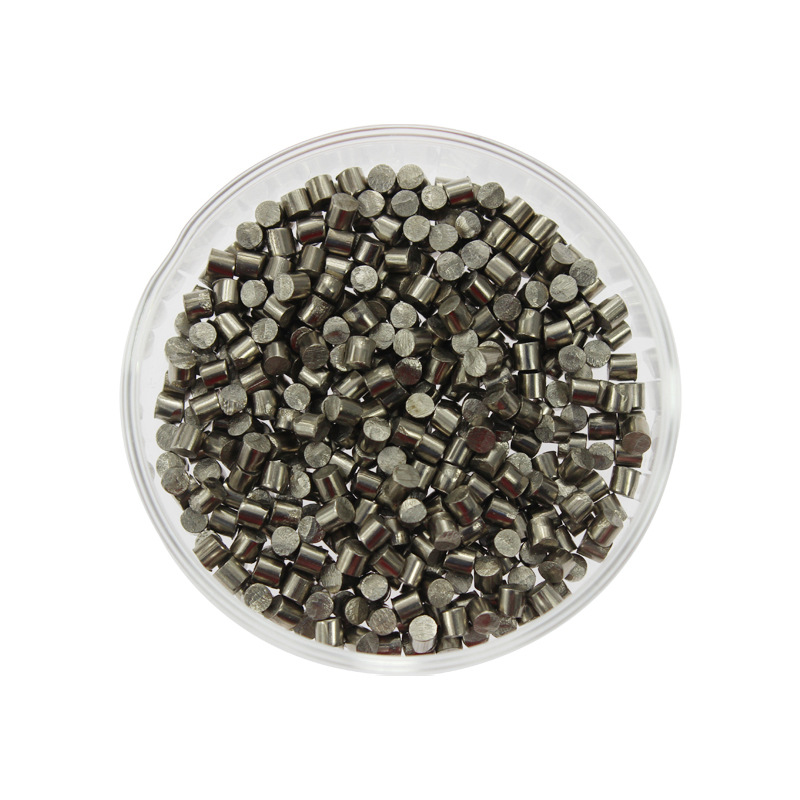
- High Purity: Platinum pellets are typically available with purity levels of 99.95% (3N5) or higher, ensuring that the resulting thin films are of the highest quality and free from contamination.
- High Melting Point: With a melting point of 1768°C, platinum is suitable for high-temperature evaporation processes.
- Excellent Corrosion Resistance: Platinum coatings offer superior protection against corrosion and oxidation, making them ideal for use in harsh environments.
- Good Electrical Conductivity: Platinum’s excellent conductivity makes it a popular choice for thin-film electrodes and interconnects in microelectronics and other applications.
- Durability: Platinum coatings are resistant to wear, making them long-lasting and suitable for high-use applications.
-
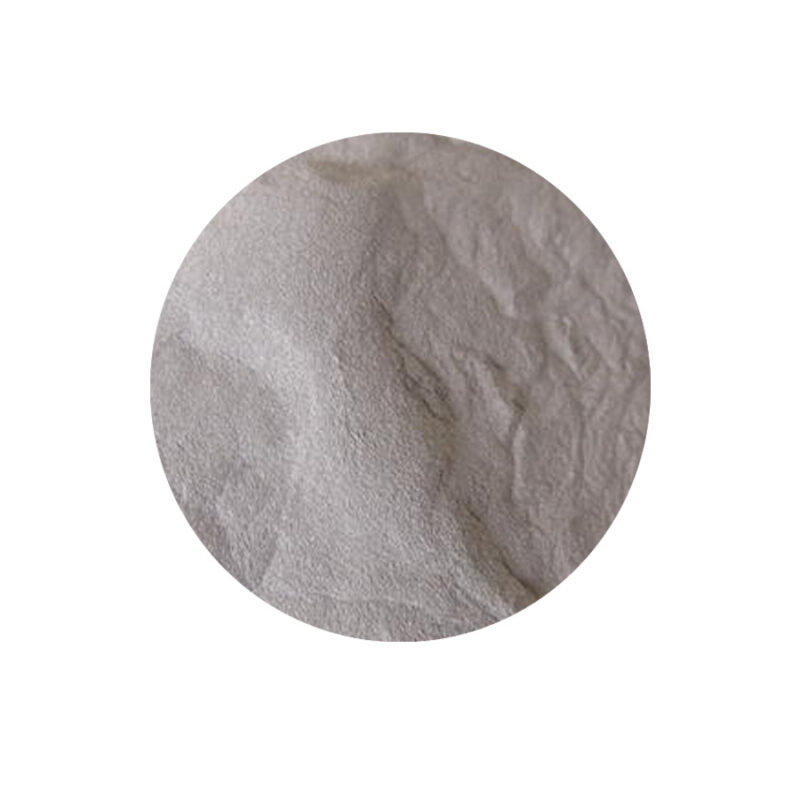
- Exceptional Catalytic Properties: Platinum is one of the most efficient catalysts, facilitating numerous chemical reactions in the automotive, chemical, and energy industries.
- High Electrical and Thermal Conductivity: Makes platinum ideal for electronic and thermal applications.
- Corrosion and Oxidation Resistance: Platinum resists corrosion and maintains its integrity even in harsh environments.
- High Stability: Performs well at elevated temperatures, making it suitable for extreme conditions.
- Hydrogen Absorption: Platinum is highly effective in processes involving hydrogen storage and purification.
-
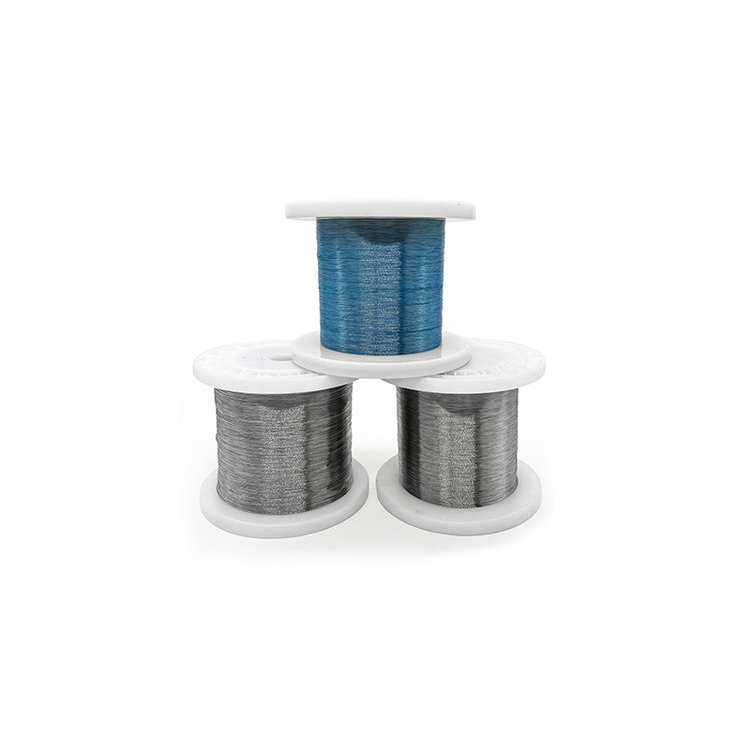
- High Melting Point: The platinum-iridium alloy has a high melting point (1,768°C for platinum and 1,410°C for iridium), making it suitable for use in high-temperature environments without degrading.
- Excellent Corrosion and Oxidation Resistance: Platinum-iridium wires exhibit remarkable resistance to oxidation, corrosion, and chemical degradation. They maintain their integrity in harsh environments, including exposure to acids, high-temperature oxidation, and aggressive chemicals.
- Superior Electrical Conductivity: Platinum-Iridium wires provide excellent electrical conductivity while maintaining stability under high temperatures. This makes them ideal for high-precision electrical applications, such as thermocouples and resistors.
- Thermal Stability: With low thermal expansion and high thermal stability, platinum-iridium wires perform well across a broad temperature range, making them ideal for high-temperature applications like sensors and thermocouples.
- Mechanical Strength: The combination of platinum and iridium provides high mechanical strength and hardness, enabling platinum-iridium wires to withstand heavy-duty use without bending or breaking easily.
- Non-Toxic and Biocompatible: Platinum-iridium alloys are biocompatible and non-toxic, making them suitable for medical devices and applications where material safety is crucial.
- Durability and Longevity: Due to their outstanding resistance to corrosion and wear, platinum-iridium wires can last significantly longer than many other metals, reducing maintenance costs and increasing reliability in critical applications.






